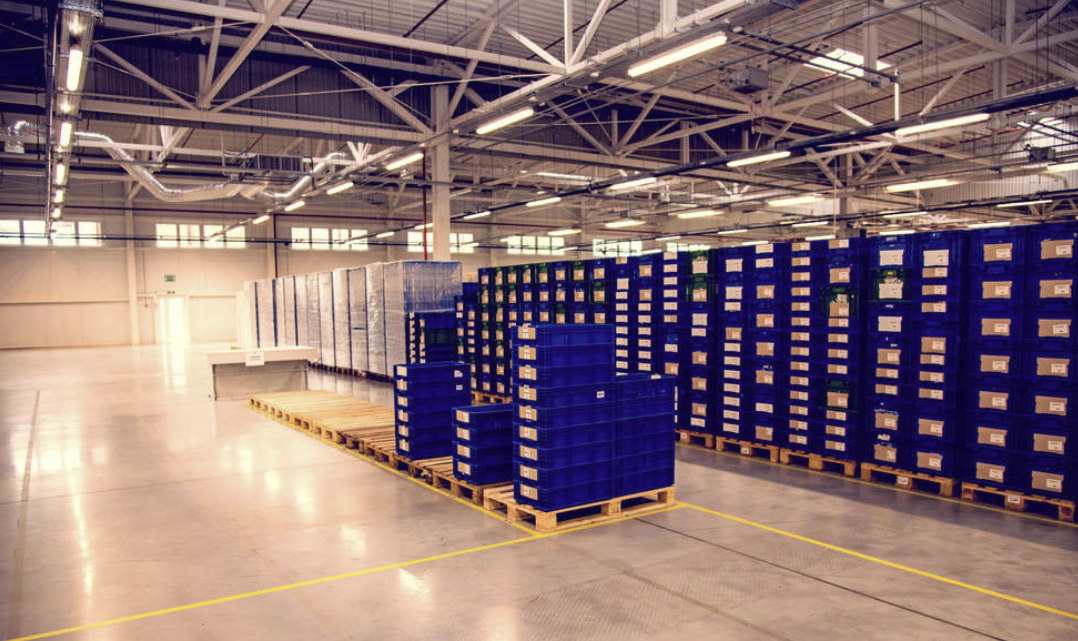An Overview of the Latest Innovations in Commercial Freight and Logistics
- Written by NewsServices.com

Definition of Commercial Freight and Logistics
Commercial freight and logistics refer to the process of planning, executing, and managing the transportation of goods from one place to another. It involves a variety of activities including warehousing, shipping, tracking, and documentation.
Overview of Commercial Freight and Logistics
The process of commercial freight & logistics is an integral part of any business that transports goods or materials over long distances. This is because it allows companies to optimize their supply chain management by ensuring that their products arrive at the right place at the right time without any delays or issues. Additionally, it helps them keep track of their inventory in order to ensure they have what they need when they need it.
The process typically begins with identifying a carrier who can move the shipment from its origin to its destination safely and securely while adhering to all industry regulations regarding transport timescales and cost control measures. The carrier must be able to provide accurate tracking information throughout the journey in order for customers to be kept up-to-date on where their cargo is at all times. Once a shipment has been accepted by a carrier, it must then be documented for customs purposes before reaching its final destination where delivery will take place according to customer requirements such as special instructions or preferred delivery methods.
History of Commercial Freight and Logistics
The history of commercial freight and logistics is a complex one that dates back centuries, and continues to evolve with the changing needs of the market. From ancient times when goods were transported by sea vessels to today's global supply chains, commercial freight and logistics have been integral components of commerce.
The first recorded instance of maritime transportation occurred in the 14th century when Venetian merchants began trading goods with other countries in Europe. During this period, goods were shipped from Venice to other ports along the Mediterranean Sea using small sailing vessels. By the 16th century, larger ships had become available and allowed for longer journeys across vast distances. This ushered in an era known as ‘the golden age of sail’ which saw large merchant ships traveling throughout Europe and beyond, transporting passengers as well as cargo.
In addition to maritime transportation, pack animals such as horses or mules were often used during this time period to transport goods overland between cities or across rugged terrain where roads were not yet built or accessible. This form of transport was particularly common in rural areas where roads may have been difficult or even impossible for traditional conveyances like carts or wagons to traverse successfully due to their size and weight limits placed on them by nature's obstacles such as mountains.
Challenges Faced in Commercial Freight and Logistics
Commercial freight and logistics can be a complex industry. Businesses that rely on the transport of goods must navigate a variety of challenges, including regulations and compliance requirements, transportation costs, and capacity issues/congestion. Understanding and addressing these challenges is key to successful operations.
Regulations and Compliance Requirements
Compliance with government regulations is an ongoing challenge for freight companies. These include numerous federal laws such as the Fair Labor Standards Act (FLSA), the Occupational Safety & Health Administration (OSHA) regulations, The Department of Transportation (DOT) regulations, The Environmental Protection Agency (EPA) standards, The Hazardous Materials Transportation Act (HMTA), and more. Companies must stay up-to-date on all relevant legislation in order to remain compliant while they operate their business efficiently at the same time. Additionally, many states have their own set of rules that companies must adhere to when transporting goods within those states' borders or beyond them into other countries around the world. Companies must be aware of all applicable laws in order to successfully complete deliveries without any costly legal issues arising from non-compliance with those laws.
Transportation Costs
Transportation costs are another significant challenge for freight companies as they try to ensure their operations are profitable.
Benefits of Commercial Freight and Logistics
Businesses rely on the transportation of goods for their success and growth. Freight and logistics play a key role in this process, helping to ensure that goods arrive safely, quickly, and cost-effectively. Commercial freight and logistics are essential components of any successful business, offering numerous benefits to companies across various industries.
The most obvious benefit of commercial freight and logistics is that it allows businesses to move goods from one place to another efficiently. By outsourcing these services, businesses can reduce overhead costs associated with shipping such as fuel costs or personnel expenses. Additionally, using commercial freight and logistics can ensure faster delivery times since the company has access to more efficient transportation methods than what could be achieved internally. This reduction in transit time enables companies to better meet customer demands while also reducing inventory carrying costs since fewer orders need to be stored for long periods of time before being shipped out.
Another advantage of commercial freight is that it provides additional security for shipments by reducing the risk of theft or damage during transit due to increased surveillance measures taken by third-party providers. Businesses are also able to leverage more advanced tracking technology when using professional shipping services as many offer real-time updates on package locations throughout its journey from origin point until it reaches its destination safely.
Conclusion
In conclusion, commercial freight and logistics are an essential part of the global economy. They enable goods to be transported from one place to another in a safe and efficient manner, helping businesses grow and succeed. Without them, it would be difficult for companies to get their products where they need to go quickly and reliably. Commercial freight and logistics play an important role in ensuring that goods reach their destination safely, on time, and with minimal cost.







